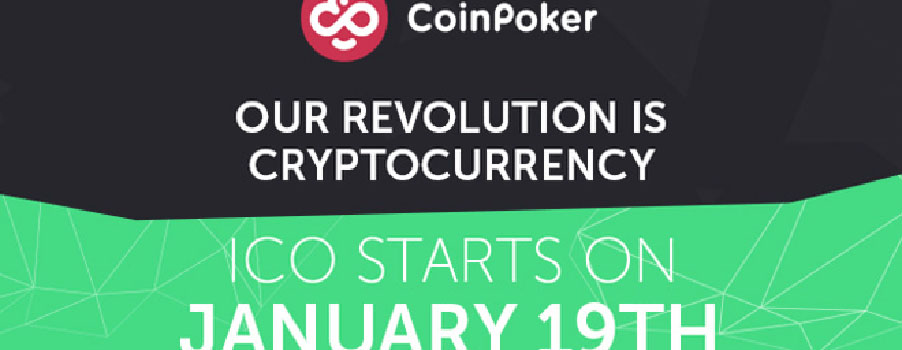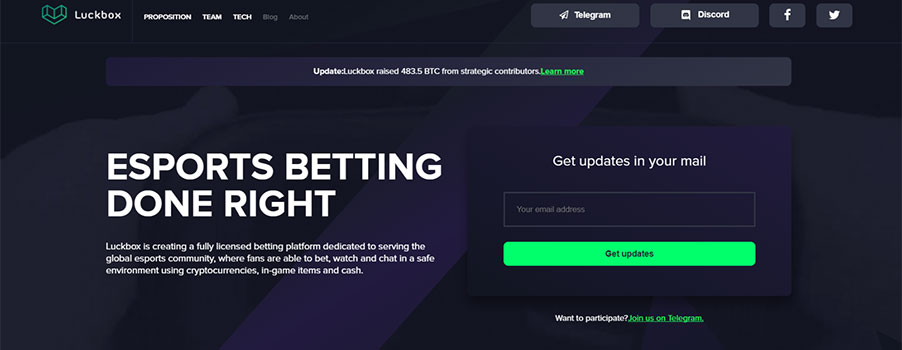According to a document filed with the U.S. Securities Exchange and Exchange Commission (SEC) after being signed by Telegram CEO and co-creator Pavel Durov, Telegram’s billion-dollar initial coin offering (ICO) has already amassed a whopping $850 million in the pre-sale stage. The figure was initially expected to get to about $600 million and was to be raised entirely from venture capital firms. As a result, not only has the company reached and surpassed its first milestone by a significantly huge margin but it has also gained a lot more confidence from the venture capitalists it intended to appeal to.
The document that was filed, a “Notice of Exempt Offering of Securities”, that was filed by Pavel and Nikolai Durov with the US Securities and Exchange Commission (SEC) on February the 13th reported that the $850 million that had been raised under the SEC exemption Rule 506(c) from 81 venture capitalist investors would be for “the development of the TON Blockchain, the development, and maintenance of Telegram Messenger.”
The SEC filing offers a type of securities that is referred to as the “Purchase Agreements for Cryptocurrency” and are filed under the Rule 506(c) exemption. This means that citizens of the United States who invest must be accredited investors, that is, they have to either be worth over a million dollars or have an annual income of about not less than $200,000 in order for the tokens they are investing in not to be registered as securities with the SEC. The investors, in this case, reportedly bought rights to Telegram’s TON internal cryptocurrency known as “Grams” – these will be distributed once the platform is launched next year.
What This Means for the Company
The $850 million raised by the messaging company is the highest amount ever accumulated from a pre-sale – the closest comparisons are from previously completed ICOs by Filecoin and Tezos, which raised $257 million and $232 million respectively. In many ways, this affirms Telegram’s popularity within the crypto community and things are about to get even better as the company plans to use the funds to extend its services to include such offering as VPN solutions, cloud file storage as well as peer-to-peer micropayment transactions.
Considering the huge overshoot of the initial funding, there are a couple of questions that have arisen with regards to how it might affect the proposed public sale that is set to begin in March. However, everything seems to point to the public sale proceeding as planned although it is quite apparent that it might end up being heavily oversubscribed.




